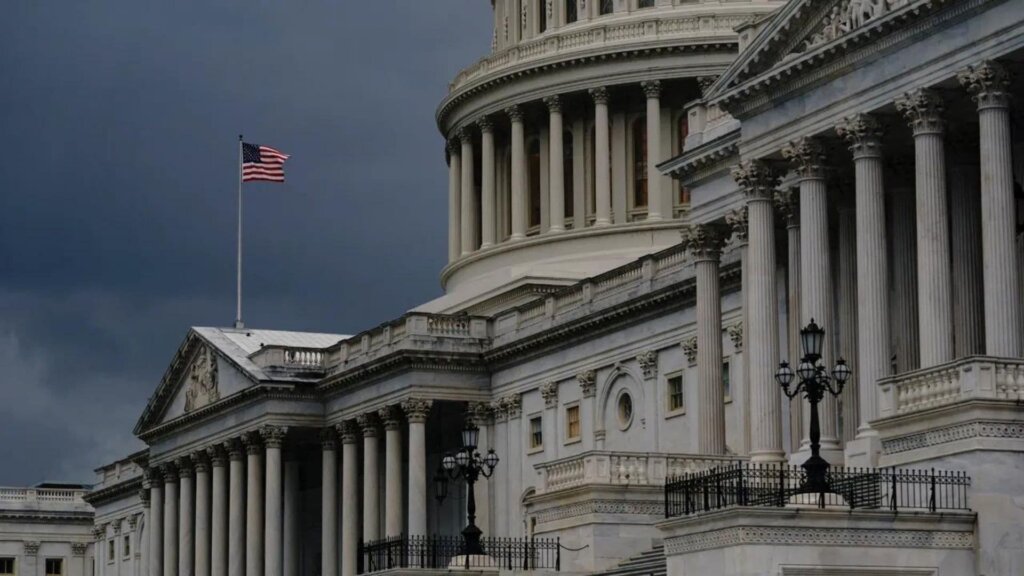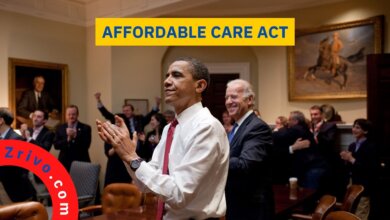CRFB
The Committee for a Responsible Federal Budget (CRFB) is an independent, non-profit public policy organization focused on federal budget and fiscal issues.

The Committee for a Responsible Federal Budget (CRFB) advocates for neoliberal consensus austerity economics. Its president, Maya MacGuineas, once served as director of New America’s fiscal policy program. The group was established in 1981 and is based in Washington, DC. CRFB is funded by the Peter G. Peterson Foundation and other private donors. Maya MacGuineas’s favorite policies include suppressing consumption in favor of returns on investments, which supposedly makes the economy more competitive in the international race for investment dollars and keeps interest rates low.
The CRFB’s warning that federal borrowing will drive up interest rates, crowd out private investment, and put America in hock to creditors betrays a fundamental misunderstanding of how economies work. Economies ultimately run on consumption, and policies that depress consumption – like shrinking Social Security or Medicare so individuals bear more of the cost of health care and retirement – sap demand and slow economic growth. The bill also reinstates caps on discretionary spending and stops the student loan bailout for the wealthy, generating $245 billion in direct savings over ten years. These savings are achieved by restoring long-standing budgeting conventions that allow appropriators to set spending levels for the first two years and then grow them only with inflation after that.

CRFB Social Security Proposal
As the CRFB demonstrates in its new interactive tool, seemingly small avenues of Social Security reform can make big differences in closing the projected 75-year shortfall. The CRFB plan leans slightly toward new revenues, but it focuses most on cost containment and leaves traditional Social Security mostly a pay-as-you-go system with only limited pre-funding.
It’s also important for groups advocating fiscal responsibility to build public support not just for general aspirations, but specific proposals. For example, claiming that the Bowles-Simpson plan “saves” $1.4 trillion over a decade by cherry picking a current policy baseline while arguing for near- and long-term deficit reduction is a gimmicky double standard.
Similarly, a proposal like CRFB’s to exclude the first $4,500 of wage earnings from Social Security taxes would sever the link between contributions and benefits. This severance is an attempt to make Social Security more like welfare and less like earned income programs, and it’s likely that it wouldn’t end here. CRFB’s plan is part of the neoliberal consensus on austerity economics, in which bond vigilantes are used to justify cuts to entitlement spending.





